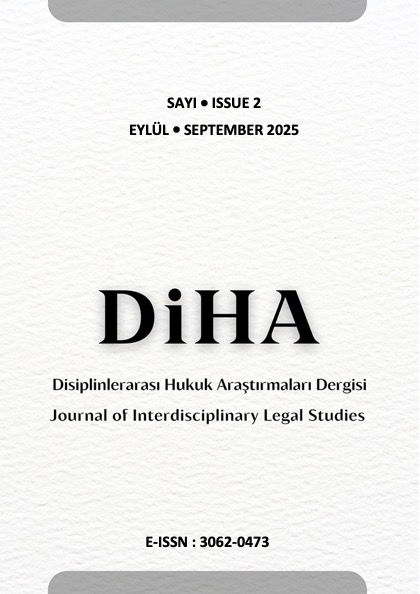Normative Review of Fake Order Practices in E-Commerce: An Examination through Islamic and Indonesian Legal Frameworks
DOI:
https://doi.org/10.5281/zenodo.16832464Keywords:
Consumer Protection, E-commerce, Fraud, Indonesia, Islamic law, MarketingAbstract
This study analyzes business actors who use fake order marketing strategies from the perspective of Islamic law and consumer protection law in Indonesia. It also examines the strategies of e-commerce platforms in addressing business actors who employ fake order marketing strategies through internal policies and rating systems form the perspective of Islamic law and consumer protection law in Indonesia. Using a qualitative method based on normative legal and ethnographic approaches, data were collected through observation, interviews, and documentation, and analyzed inductively. From the perspective of Islamic law, the fake order strategy is considered invalid because it does not fulfill the pillars and conditions of the ijārah bil al-amāl contract. Meanwhile, in terms of consumer protection, this practice violates consumer rights and the obligations of business actors. The e-commerce policy strategies implemented by the three e-commerce platforms have adhered to the principles of the ijārah bil al-amāl contract and complied with the electronic system governance under the Information and Electronic Transactions Law (UU ITE).

